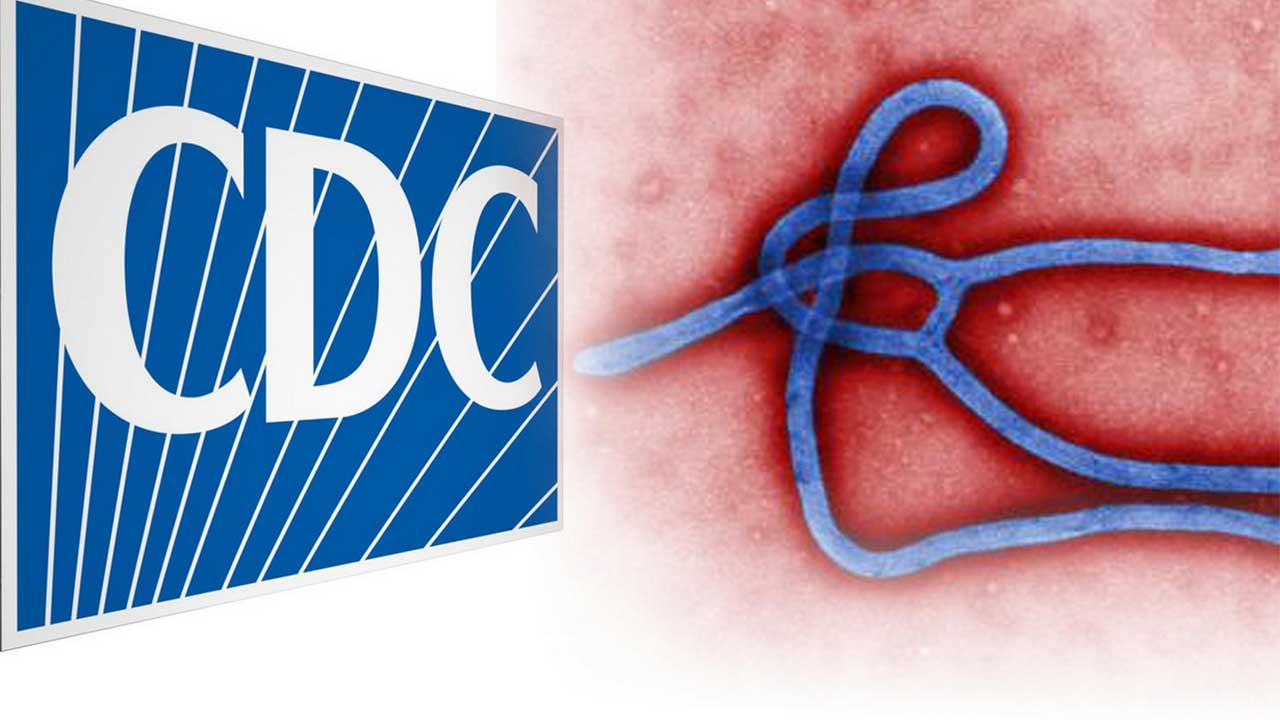Signs and symptoms of Ebola virus

"How do I know if I have Ebola?"
This question might be crossing your mind if you have traveled recently or been in contact with someone who may have the disease. It is important to note that the CDC (Centers for Disease Control) has said that risk of a traveler spreading Ebola in the U.S. is low.
That said, if you believe you may have been in contact with the disease and exhibit any of the following symptoms, seek medical attention immediately. Be sure to tell your doctor of any travels to affected areas (see map at bottom of page).
These are the signs and symptoms of the Ebola virus, according to the CDC
- Fever (greater than 38.6C or 101.5F)
- Severe headache
- Muscle pain
- Weakness
- Diarrhea
- Vomiting
- Abdominal (stomach) pain
- Unexplained hemorrhage (bleeding or bruising)
Symptoms may appear anywhere from 2 to 21 days after exposure to Ebola, but the average is 8 to 10 days.
Recovery from Ebola depends on the patient's immune response. People who recover from Ebola infection develop antibodies that last for at least 10 years.
The CDC has produced this checklist to evaluate patients that have potentially been in contact with Ebola.
In addition, the CDC recommends following this flowchart for any traveler that is returning from an affected area (see map below chart).
This World Health Organization map highlights affected areas in West Africa:
If you are planning an international trip, consult the CDC travel health notices list before finalizing your plans.
For more on the Ebola virus, visit the Centers for Disease Control website.
For full coverage on the Ebola virus, click here.













